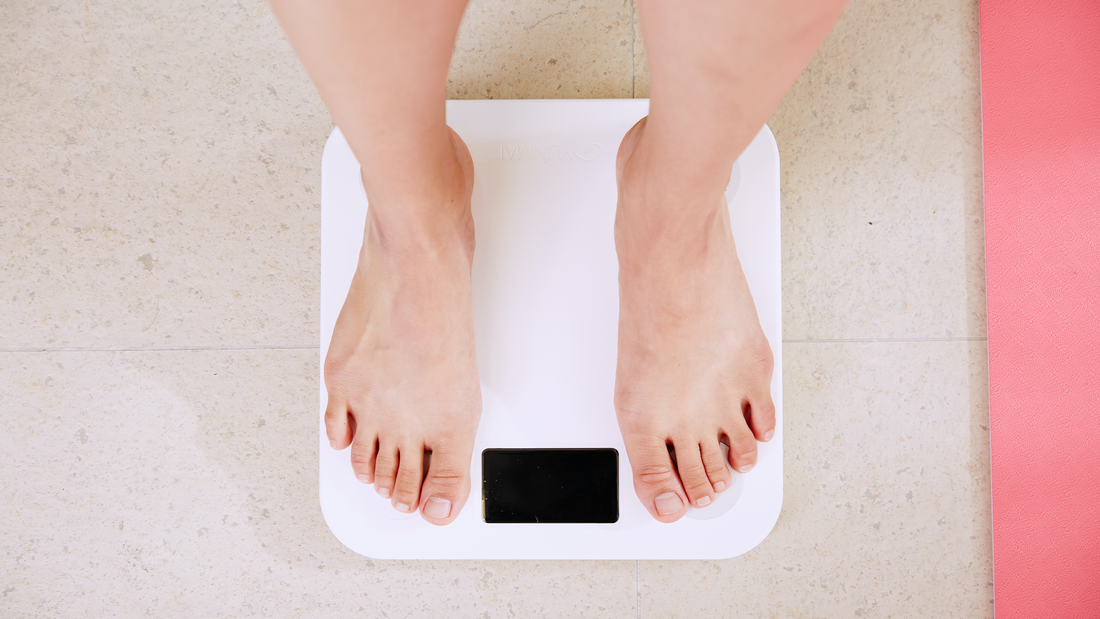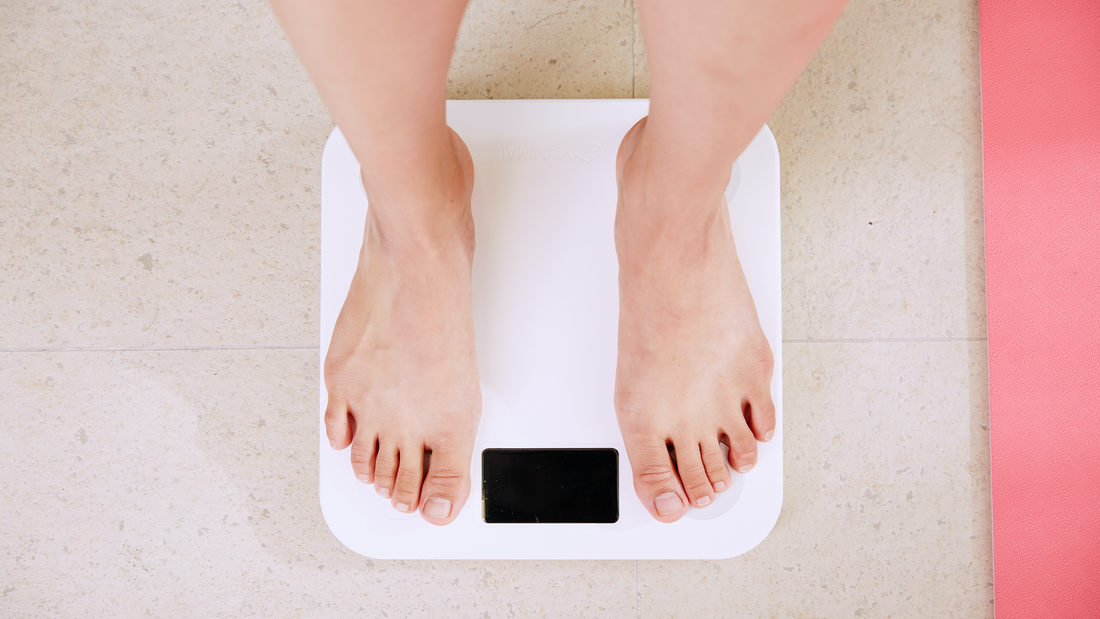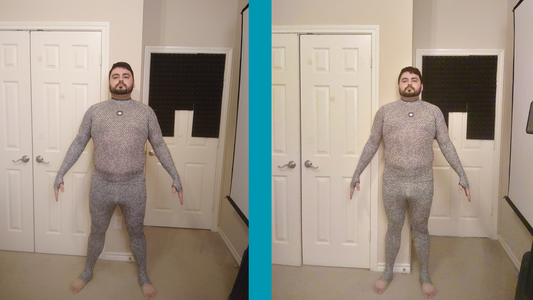

Everything You Need To Know About Water Weight Vs. Fat
ZOZOFIT wants to know: Have you ever started a new diet or exercise program and watched the weight seemingly pour off you in the first week, only to slow down or stop abruptly soon after that? Maybe you indulged in a large dinner or treat, woke up the next morning 3 pounds heavier and wondered how it was possible to put on so much weight in such a short period of time.
Many people become confused and frustrated by these common occurrences, but the answer to these types of scenarios may be simpler than you think.
If you want to understand why weight loss is sometimes gradual and sometimes impossibly rapid, you need to understand the difference between water weight vs fat. Once you understand how your body retains or expels water and how it retains or burns fat, your weight loss journey will become a lot less perplexing and exasperating for you.
Weight Loss Stages: Water Weight vs Fat
Your body is composed of about 60% water, so it’s little wonder that water can have such a huge impact on your weight from day to day. When you first begin a new exercise or diet regimen, it’s natural for your body to go through two primary stages of weight loss. The first stage is the rapid weight loss stage. The second is the slower weight loss stage.
During the initial rapid weight loss stage, the body tends to lose a lot of weight in the form of protein, carb stores, and — you guessed it — water. A small amount of fat loss may also occur in this stage, but it usually isn’t notable. If you stick with your workout routine and don’t give up once your progress slows down, you’ll likely tip the water weight vs fat loss scale in your favor. Generally, after six or more weeks of consistent effort in your exercise and eating regimen, you’ll start to experience weight loss from body fat.
Why It’s Important To Differentiate Between Water Weight vs Fat
If you aren’t aware that the impressive weight loss you experience at the beginning of your diet and exercise journey is likely just water weight, you’re more likely to stop following your new regimen before you’ve made lasting changes to your body composition. This may be why so many people rebound so quickly after losing a few pounds on a strict diet. They think they’ve lost a lot of fat when they’ve really lost primarily water.
If you want to win the water weight vs fat loss challenge, you need to continue working toward slow and steady weight loss after your initial period of success. Otherwise, you’re likely to rebound and gain all of that weight back. To understand how the body gains back water weight so quickly, there are a few things you should know about how the body retains and lets go of water.
Why the Human Body Lets Go of Water Before Fat
After you start a new weight-loss or diet program, it’s normal to experience rapid progress followed by one or more plateaus. Sudden weight loss or gain is almost never due to fat loss. If you want to lose fat, you’re better off committing to longer and more sustained lifestyle changes instead of going on an extreme and temporary diet. A rapid decrease on the scale when you initiate a new fitness routine may be due to your body shedding water weight. Why does it do this and how can you tell if you’re losing water weight vs fat?
When you begin burning off extra calories through diet and exercise, your body dips into its glycogen stores for energy. Glycogen is a form of glucose that your body uses as its primary energy source. Most of the glycogen in your body is stored in the liver and muscles. Each gram of glycogen can hold 3 grams of water. What this means for your weight loss efforts is that your body will start shedding water as it burns its glycogen stores. As it does this, you’ll naturally experience weight loss.
Unfortunately, one of the major differences between water weight vs fat loss is that water weight yields temporary weight loss results while fat loss tends to deliver more lasting results on the scale. Once you quit your diet and start eating higher-calorie, carbohydrate-rich foods, you’ll quickly regain any water weight you lost. However, if you stick with a healthy diet and exercise regimen for the long term, you’ll eventually start to lose fat.
How To Tell if You’re Losing Water Weight vs Fat
It’s not always easy to tell if you’re experiencing temporary water loss or more lasting fat loss. Generally, if your weight changes drastically overnight, it’s almost certainly due to fluctuations in your body’s water composition. On the other hand, if you’re experiencing steady and consistent weight loss, you’re most likely burning fat.
You can also tell if you’re experiencing fat loss by taking accurate measurements of your body. Unfortunately, most traditional body measurement methods are inaccurate. If you want the most precise picture of your steady progress, consider using a 3D body scanning app. It will not only give you accurate measurements but also offer remarkably detailed images to show how your body is changing. As you see yourself slimming down, you’ll be able to tell if your progress is due to temporary water loss or fat loss.
Get Control of Your Water Weight vs Fat Loss Goals
Generating precise scans of your body whenever you want can help you stay motivated on your fitness journey. If you struggle to differentiate between water weight vs fat loss, you’ll love the way ZOZOFIT takes all the guesswork out of your progress. The app uses state-of-the-art technology to provide precise body measurements and images so you can take control of your fitness journey and make changes as needed. Whether you’re actively losing weight or trying to maintain, the ZOZOFIT app is the perfect tool for people in every stage of the fitness journey.

![zf-w-[168px] zf-h-[40px]](http://zozofit.com/cdn/shop/t/15/assets/logo-desktop.png?v=117713855448369080381753069598)




